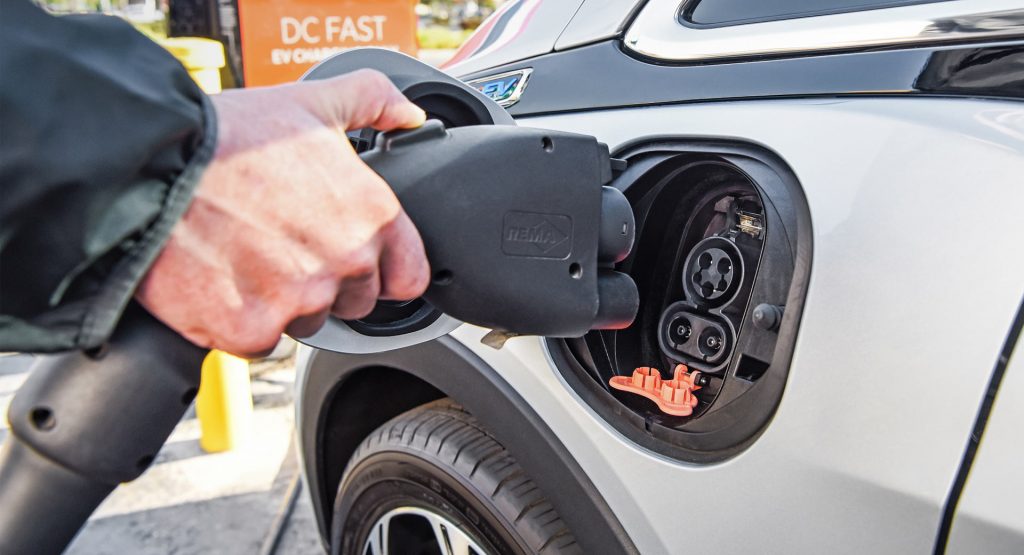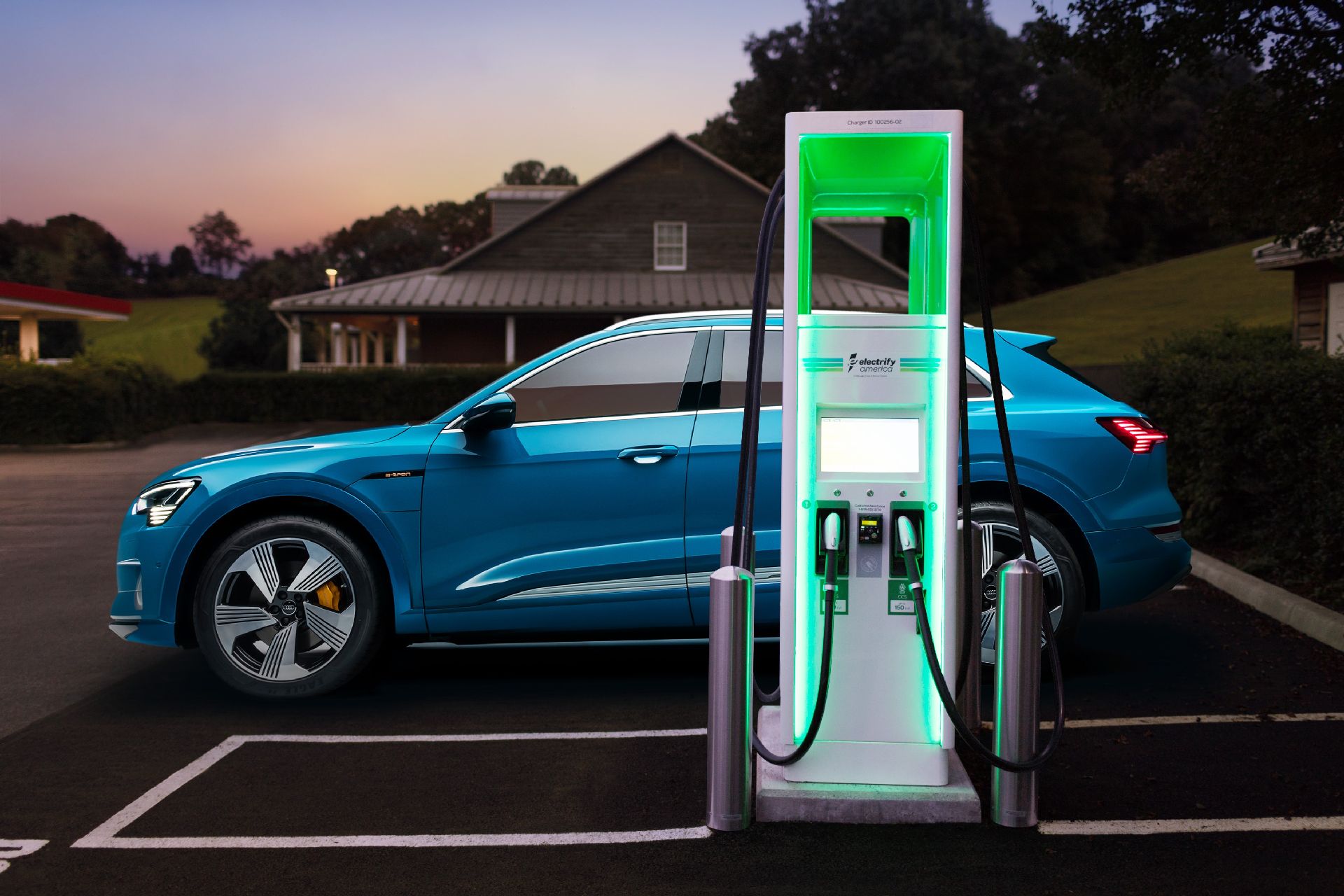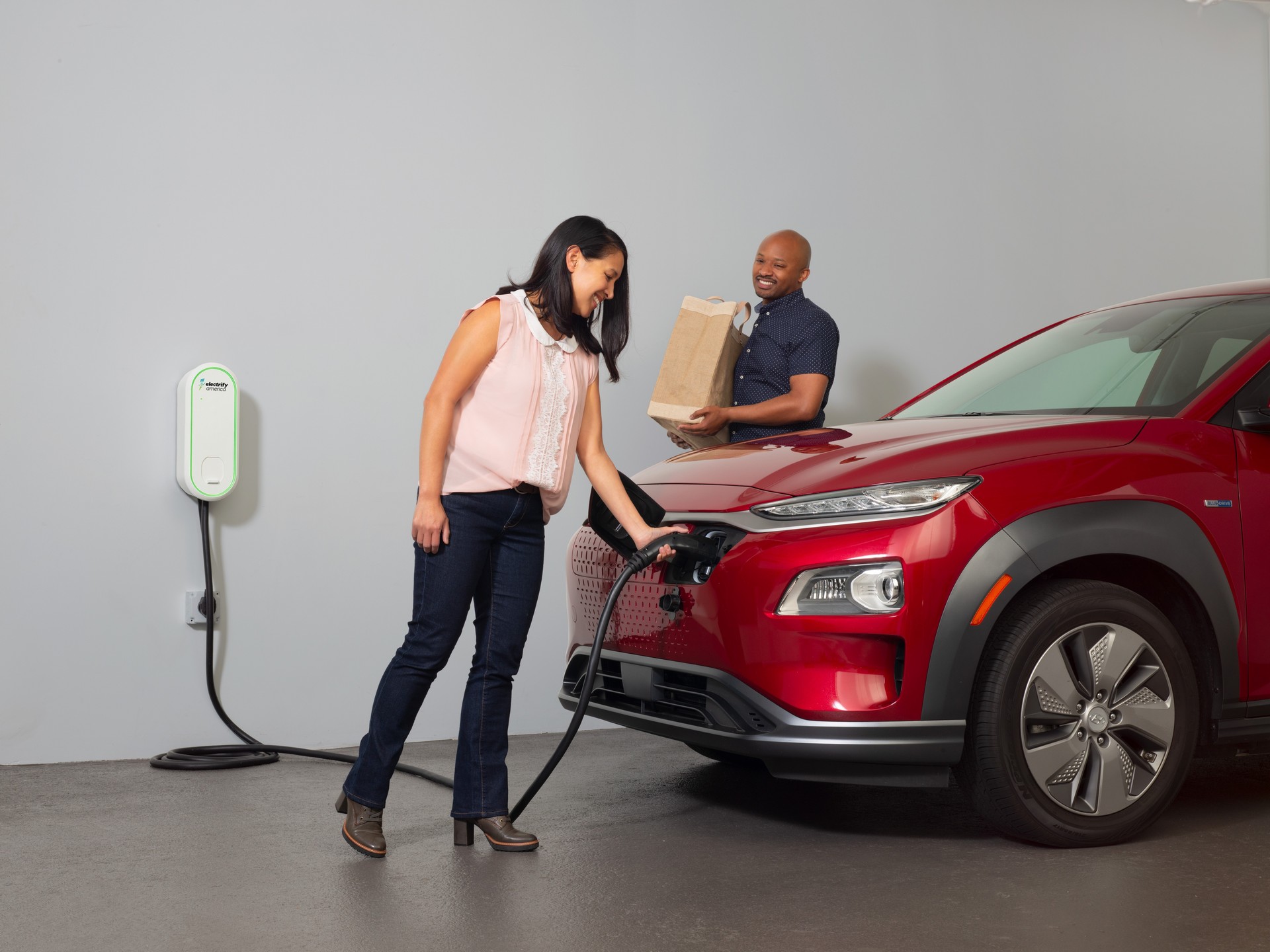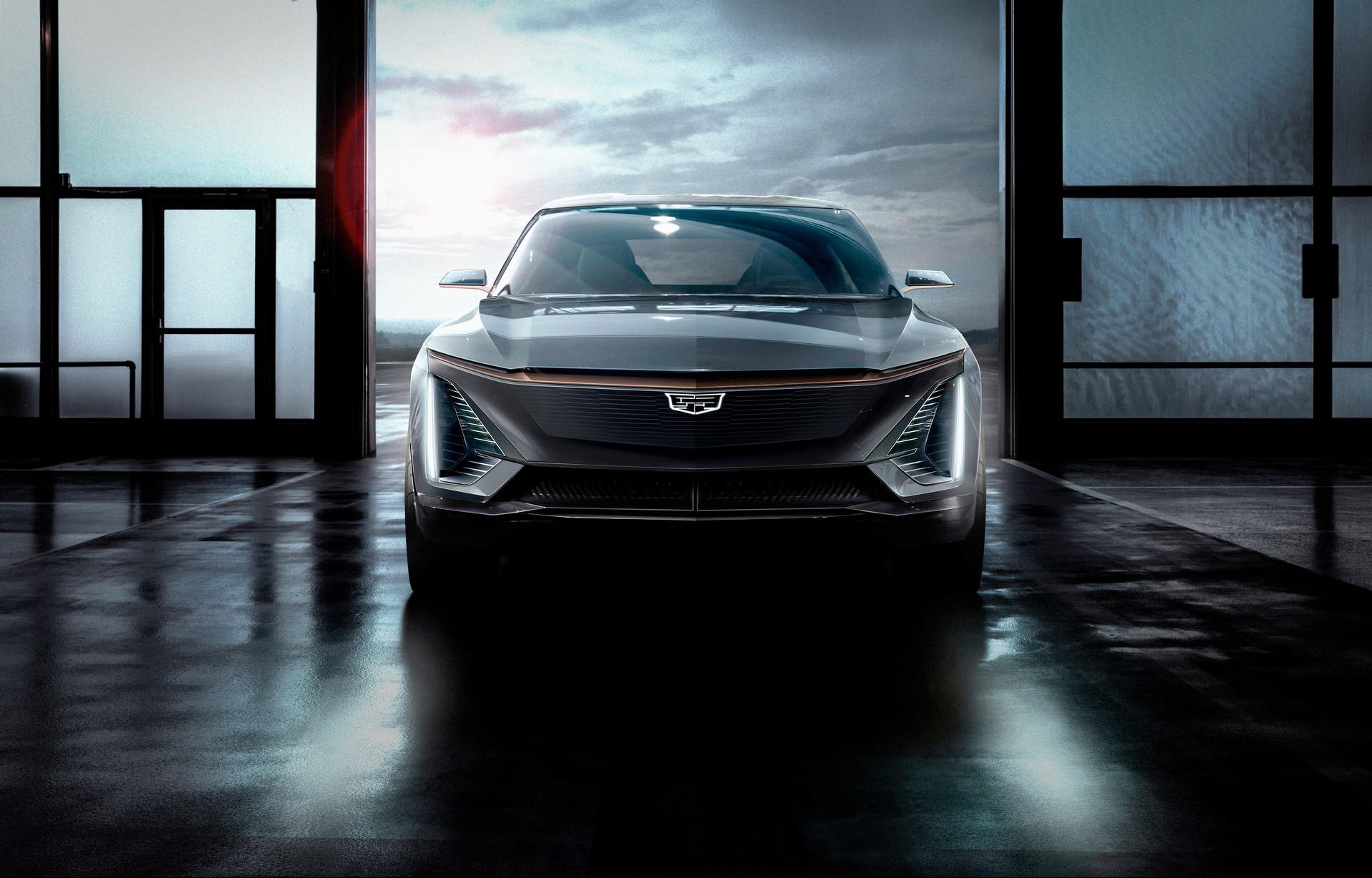General Motors is betting on an all-electric future, but the company’s president has penned an opinion piece detailing three challenges that are preventing electric vehicles from going mainstream.
Published by CNN, Corvette-enthusiast Mark Reuss says the main issues are range, cost and ease of ownership.
Reuss says range is the “single biggest barrier to EV acceptance.” While some people have claimed additional charging stations will make range a non-issue, Reuss doesn’t agree and says “people will still want to drive as long as possible between charges.”
He backs up his claim by saying consumer clinics have shown that customers want a range of at least 300 miles (483 km). Just days ago, GM CEO Mary Barra made the same argument by describing a range of 300 miles (483 km) as the “sweet spot” and noting the 2020 Bolt is close to hitting that mark as it can now travel 259 miles (417 km) on a single charge.
Also Read: GM Tries To Steal Tesla’s Thunder, Announces Electric Pickup Will Go On Sale In 2021
One of the other pressing issues is a lack of a robust charging infrastructure. Reuss says research has shown a lack of charging stations is why many consumers who were considering an electric vehicle, ultimately decided not to purchase one.
To fix this problem, Reuss is calling for “manufacturers, charging companies, industry groups and governments at all levels” to work together and build as many public charging stations as possible. A number of automakers are already partnering with charging firms such as EVgo and Electrify America, but more work needs to be done.
The company also wants to see a significant increase in private charging stations. This is important as nearly 95% of charging is done at home or at the workplace. As a result, GM wants to see partnerships with contractors that can “conveniently and affordably” install charging stations in your home.
Last but not least is the matter of cost. While EVs typically cost thousands of dollars more than their ICE counterparts, Reuss says “electric vehicle propulsion systems will achieve cost parity with internal combustion engines within a decade, probably sooner, and will only get better after that, driving sticker prices down and widening the appeal to the average consumer.” However, it’s not all good news as the executive said some of this parity will come from “increased regulatory costs on gasoline and diesel engines” which will make them more expensive than they are today.
Even when all these problems have been solved, Reuss says automakers will need to make electric vehicles “as good or better” than the ICE-powered models consumers are familiar with. He also added electric vehicles will have to be appealing and available in the “widest range of sizes and body styles possible.”
These issues won’t be solved overnight, but GM is making process as the company recently confirmed its first electric pickup will go on sale in 2021. It’s slated to be followed by an assortment of other EVs including a Cadillac crossover that was previewed earlier this year.







